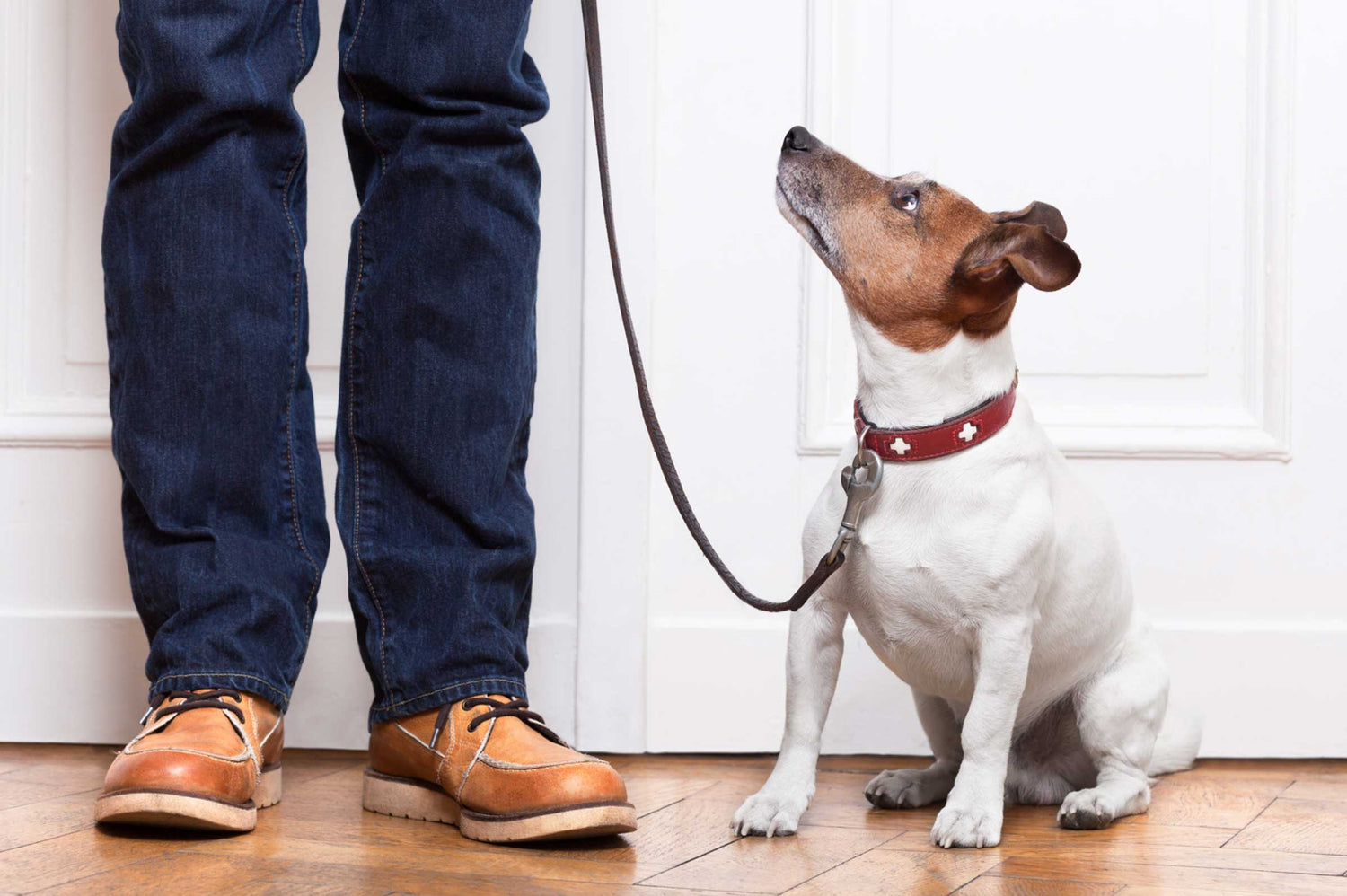Bringing a new dog into your home is an exciting and rewarding experience. Whether you've adopted a playful puppy or a wise senior dog, becoming a pet parent comes with a set of responsibilities that can feel overwhelming at first. From understanding your dog's nutritional needs to establishing a consistent training routine, there are many factors to consider to ensure your furry friend thrives in their new environment.
This comprehensive guide will walk you through the top 10 essential tips every new dog owner should know. By following these guidelines, you'll not only provide the best care for your canine companion but also build a strong, loving bond that lasts a lifetime.
1. Choose the Right Food for Optimal Health
Selecting the appropriate dog food is important for your pet's health and well-being. Dogs require a balanced diet rich in proteins, fats, carbohydrates, vitamins, and minerals to support their growth and energy levels. Consult your veterinarian to determine the best type of food based on your dog's age, breed, and activity level.
Avoid feeding your dog table scraps or foods that are toxic to canines, such as chocolate, grapes, and onions. Investing in high-quality dog food can prevent nutritional deficiencies and contribute to a shiny coat, strong teeth, and overall vitality.
2. Establish a Consistent Training Routine
Training is essential for fostering good behavior and obedience in your dog. Start with basic commands like "sit," "stay," and "come" to lay the foundation for more advanced training. Consistency is key; use the same commands and reward system to reinforce positive behavior.
Consider enrolling in a puppy or obedience class for professional guidance. A well-trained dog is not only a joy to be around but also safer, as they are more likely to respond appropriately in various situations.
3. Socialize Your Dog Early
Early socialization helps your dog become comfortable with different people, animals, and environments. Expose your dog to various settings like parks, pet stores, and neighborhoods to build their confidence and reduce anxiety.
Proper socialization can prevent behavioral issues such as aggression and fearfulness. It's important to monitor your dog's reactions and provide positive reinforcement when they display calm and friendly behavior.
4. Schedule Regular Veterinary Check-Ups
Routine veterinary visits are vital for maintaining your dog's health. Regular check-ups allow for early detection of potential health issues and keep vaccinations up to date. Your vet can also provide advice on flea and tick prevention, dental care, and weight management.
Don't wait for signs of illness before scheduling a vet appointment. Preventive care is often more effective and less costly than treating advanced health problems.
5. Provide Mental and Physical Stimulation
Dogs need both mental and physical exercise to stay healthy and happy. Daily walks, playtime, and interactive toys can help burn off excess energy and prevent destructive behaviors caused by boredom.
Mental stimulation can include puzzle toys, training sessions, and scent games. Engaging your dog's mind is just as important as physical activity and contributes to overall well-being.
6. Create a Safe and Comfortable Living Environment
Ensure your home is a safe space for your dog. Remove toxic plants, secure electrical cords, and store hazardous chemicals out of reach. Provide a comfortable bed and designate areas where your dog can rest undisturbed.
Consider crate training as a way to give your dog a personal safe haven. A crate can also aid in house training and prevent unwanted behaviors when you're not home.
7. Understand Canine Body Language
Learning to interpret your dog's body language can enhance communication and strengthen your bond. Signs like tail wagging, ear position, and facial expressions can convey a range of emotions from happiness to anxiety.
By understanding what your dog is trying to tell you, you can respond appropriately to their needs and prevent misunderstandings that may lead to behavioral issues.
8. Maintain Proper Grooming Practices
Regular grooming is essential for your dog's health and comfort. This includes bathing, brushing, nail trimming, and dental care. Grooming helps prevent skin problems, reduces shedding, and allows you to check for parasites like fleas and ticks.
Establish a grooming routine early to get your dog accustomed to being handled. If you're unsure about grooming techniques, consider seeking advice from a professional groomer.
9. Plan for Emergencies
Be prepared for unexpected situations by having an emergency plan in place. Keep important documents like vaccination records and microchip information easily accessible. Assemble a pet emergency kit with essentials such as food, water, medications, and a first-aid kit.
Knowing the location of the nearest 24-hour veterinary clinic can be a lifesaver in critical situations. Preparation can make all the difference when emergencies occur.
10. Invest in Quality Supplements
Supplements can play a significant role in your dog's health, addressing specific needs like joint support, skin health, and immune function. High-quality supplements can complement your dog's diet and contribute to a longer, healthier life.
Consult your veterinarian before adding supplements to ensure they're appropriate for your dog's age and health condition. Trusted brands like VetSmart Formulas offer a range of products designed to support your dog's well-being.
Conclusion
Becoming a new dog owner is a journey filled with joy, learning, and unconditional love. By following these essential tips, you're well on your way to providing a nurturing environment where your dog can thrive. Remember, the key to a happy dog is a responsible and informed owner.
To give your dog the best possible care, consider incorporating VetSmart Formulas supplements into their daily routine. These veterinarian-recommended products are designed to support your dog's health from the inside out. Visit Pet Wellness Direct today to explore our range of supplements and make a purchase that will contribute to your dog's long-term well-being.











